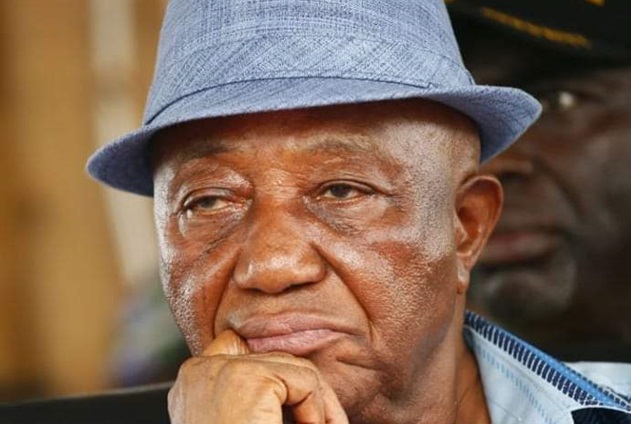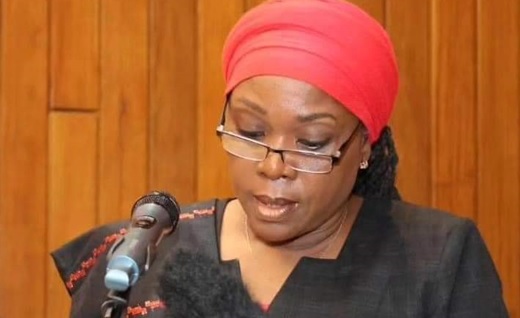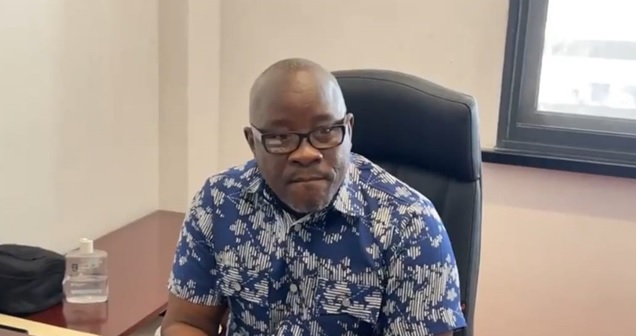In a critique titled “Boakai is failing on tolerance, accountability, whistle-blowing, integrity, and free speech – His regime is shielding scammers and criminals while purging truth-tellers”, Liberian activist Martin K. N. Kollie has accused President Joseph Boakai of betraying his promise to establish an open, transparent, and tolerant government. Kollie’s commentary highlights growing concerns about the erosion of accountability and free speech under Boakai’s leadership, with allegations of shielding criminals while silencing those who dare to expose corruption.
Kollie writes:
“Government is neither a private company nor a cult. Whenever you turn government into a ‘Society Bush’ by suppressing dissent, that’s when authoritarianism becomes a perfect substitute for democracy. This has been Liberia’s problem since 1847.”
The activist pointed to recent events as evidence of this regression, particularly the dismissal of whistleblower J. Nyanplu. Nyanplu was reportedly ousted after issuing a disclaimer and warning Liberians about the controversial Nekotech US$25 million scholarship program, which he labeled a scam. Despite not criticizing the government or President Boakai directly, Nyanplu was purged, a move that Kollie describes as emblematic of the administration’s tolerance for corruption.
Kollie argues that by silencing individuals like Nyanplu, the administration is fostering a culture where corruption thrives unchecked. He asserts that whistleblowers and truth-tellers are vital to good governance and that their persecution undermines Liberia’s democratic progress.
“Whenever you intimidate and harass people who are willing to protect the public interest against scams, you make corruption thrive and metastasize. Who told you an official can’t be in government and speak truth to power or criticize wrongdoings?”
Kollie compares the situation in Liberia to other nations where public officials have openly criticized government policies without facing retaliation. He cites examples such as David Ndii, Senior Economic Advisor to Kenyan President William Ruto, who called out wasteful government policies, and Thuli Madonsela, South Africa’s former public protector, who publicly condemned corruption under Jacob Zuma’s presidency.
The activist underscores a pervasive culture in Liberia where government officials are expected to remain silent, even in the face of wrongdoing. This silence, he argues, has contributed to a public service sector riddled with corruption, exploitation, and inefficiency.
“When people steal millions, don’t talk because you are a government official. When they abuse their power and exploit millions of citizens, keep quiet. When they import scams, you are to remain mute. This perception makes public service rotten, exploitative, corrupt, obsolete, and failed.”
Kollie also referenced historical instances where prominent individuals openly criticized their governments without retribution, including Ellen Johnson Sirleaf’s critique of President William Tolbert and Cyril Allen’s public rebuke of Charles Taylor. These examples, he argues, highlight the stark contrast with the current administration’s punitive approach.
President Boakai’s 2023 campaign centered on a “Rescue” mission, promising to restore accountability and integrity in governance. However, Kollie questions whether this mission is being fulfilled:
“You are protecting criminals and scammers but purging truth-tellers and whistle-blowers even though you promised to run an open, transparent, and tolerant government in 2023. Is this ‘Rescue’?”
The activist’s remarks serve as a sharp indictment of Boakai’s leadership, raising questions about the administration’s commitment to transparency and accountability. As public trust continues to erode, Kollie’s critique is a rallying cry for those who believe in the power of truth-telling and whistle-blowing to combat corruption and strengthen democracy.
This, Kollie concludes, is the stark reality of Liberia today:
“Criminals are protected while whistleblowers are purged. This, too, is Liberia.”







